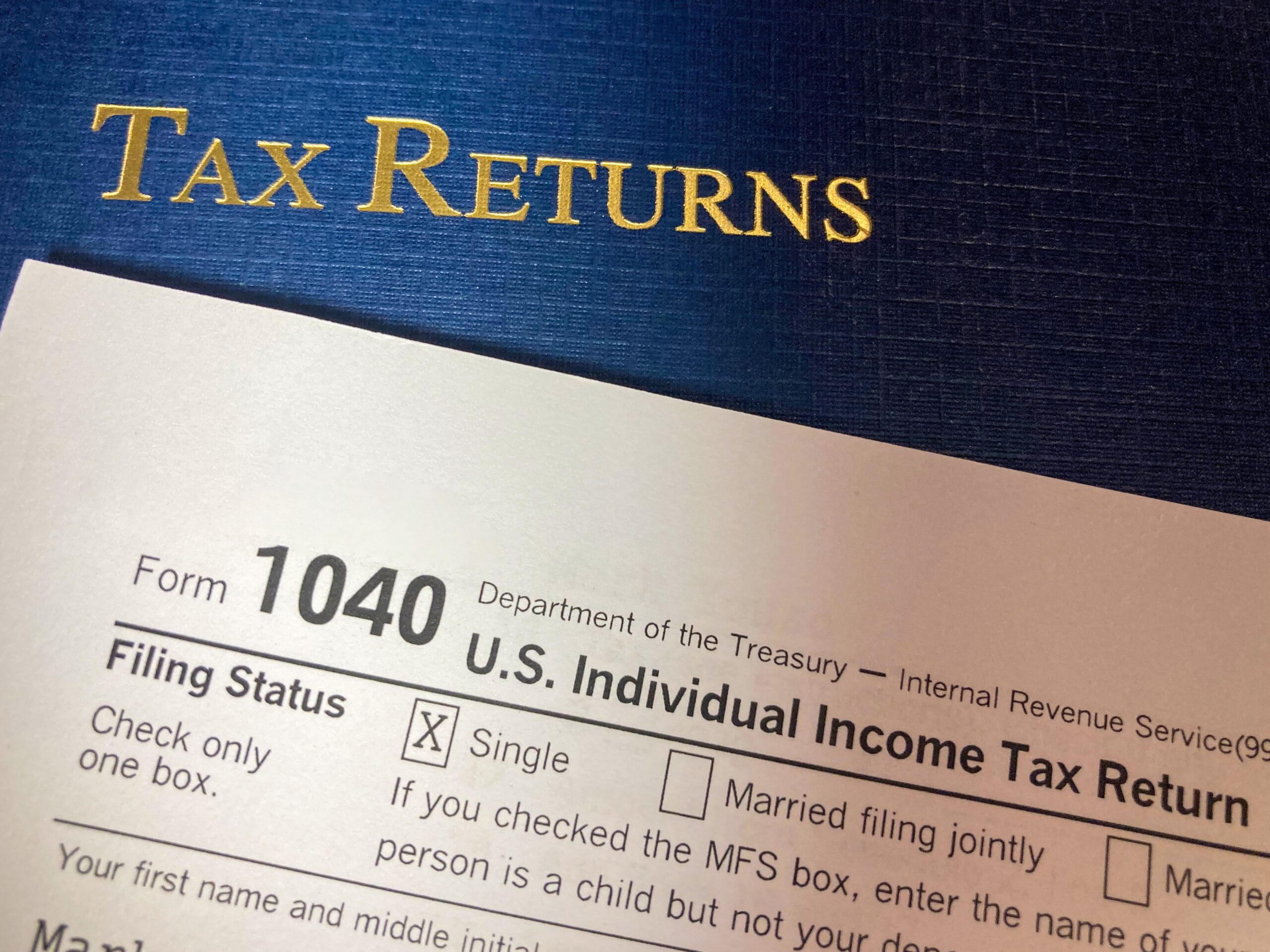IRS audits are unavoidable since they review your personal information and financial accounts to ensure you convey the right information to the relevant authorities. If you earn an income, you are legally obliged to pay taxes, which must be declared to avoid any legal issues.
There’s nothing sinister about these audits, and if you have nothing to hide from the authorities, you will pass them easily. Let’s explore some reasons why you may be asking for an IRS audit.
Why The IRS Audits Taxpayers
The main purpose of an IRS audit is to cancel the tax gap, which is the difference between what you owe the IRS and what they receive. Sometimes there are no apparent reasons for an IRS audit, and other times they choose taxpayers suspected of fraud or suspicious activities.
As a taxpayer, you should follow legal laws but should also keep in mind that sometimes people are charged more than they owe. We explore some reasons why the IRS audits taxpayers.
You Could Be Making Math Errors
One of the reasons why you may be placed in the IRS hot seat is if you are making math errors when filing taxes. This means it is your responsibility to ensure you are filing your numbers correctly and double-checking what you put down on official papers.
Since people find this process to be tedious, it is often the case that they make mistakes when doing their taxes. You will have to pay fines even if you have accidentally made these errors, making it important to consult a tax preparer or use the relevant tax preparation software.
Failure to Report an Income
The IRS may contact you for an audit if you fail to declare a part of your income. For example, if you decide to start freelancing on the side to earn extra income, you may be tempted not to declare the income on your main W-2 form.
This means you are withholding the declaration of an income stream and not paying tax on it, which will signal a red flag to the IRS since they always find out. To avoid this, it is best to report all your income in your tax filings.
Reporting Excessive Charitable Donations
The IRS allows you some deductibles if you are making sizable donations to charity. If you begin faking these donations to try and receive extra deductibles, you will end up on the IRS’s radar. For example, if you lack the documentation to support your deductible claim and ask for a $10,000 deductible on a $50,000 annual salary, the IRS will become suspicious enough to check.
Final Verdict
IRS audits cannot be avoided in many cases, even if you think you’re doing everything right. They catch little mistakes easily, and you might make unintentional errors. However, if you’re withholding information on purpose and they catch you, the consequences may be severe, depending on your actions.



